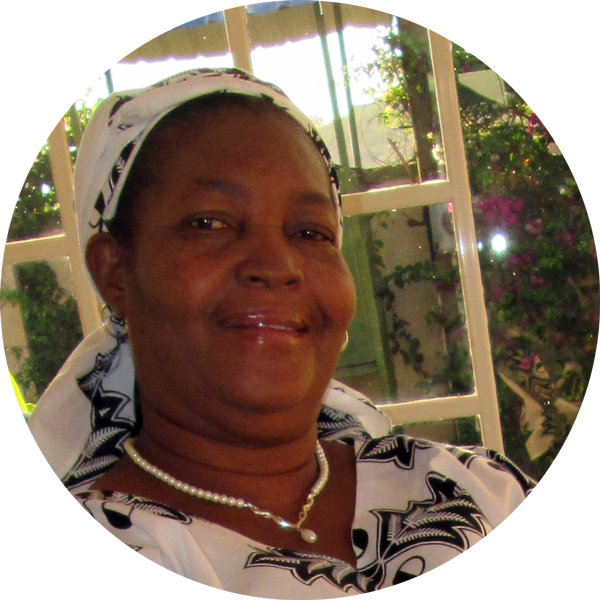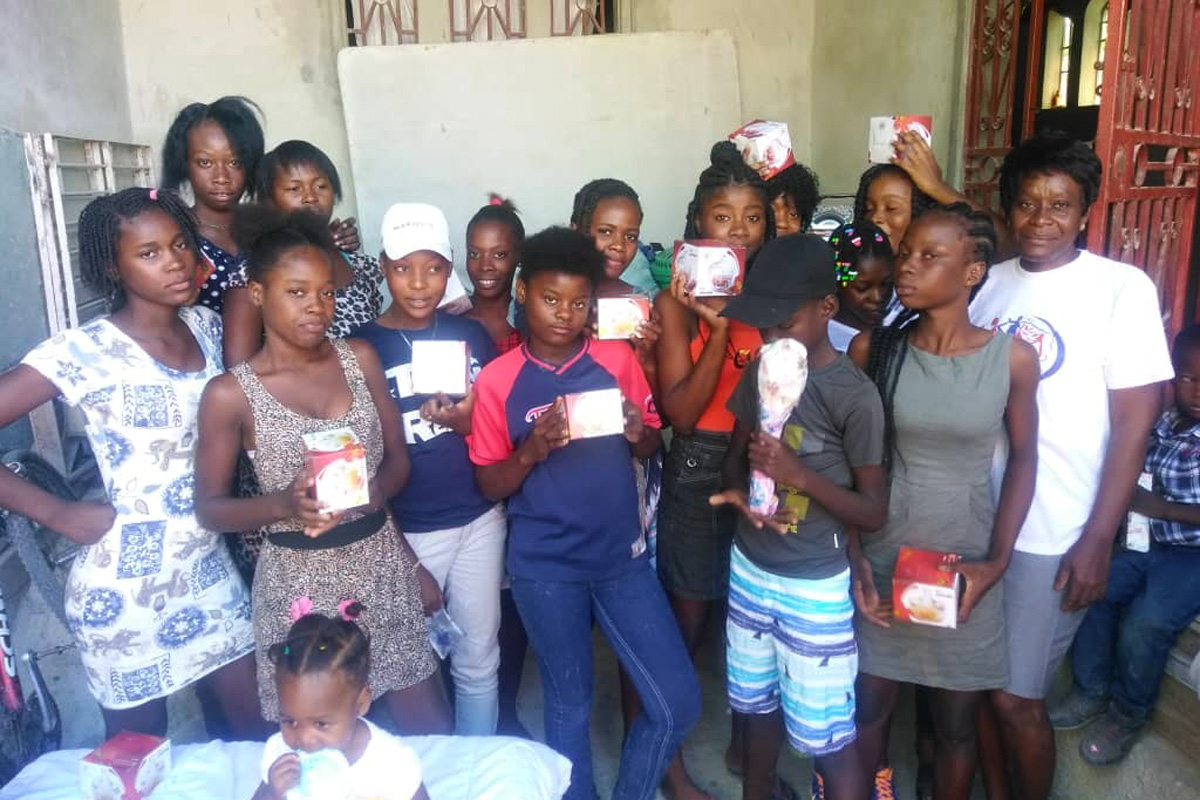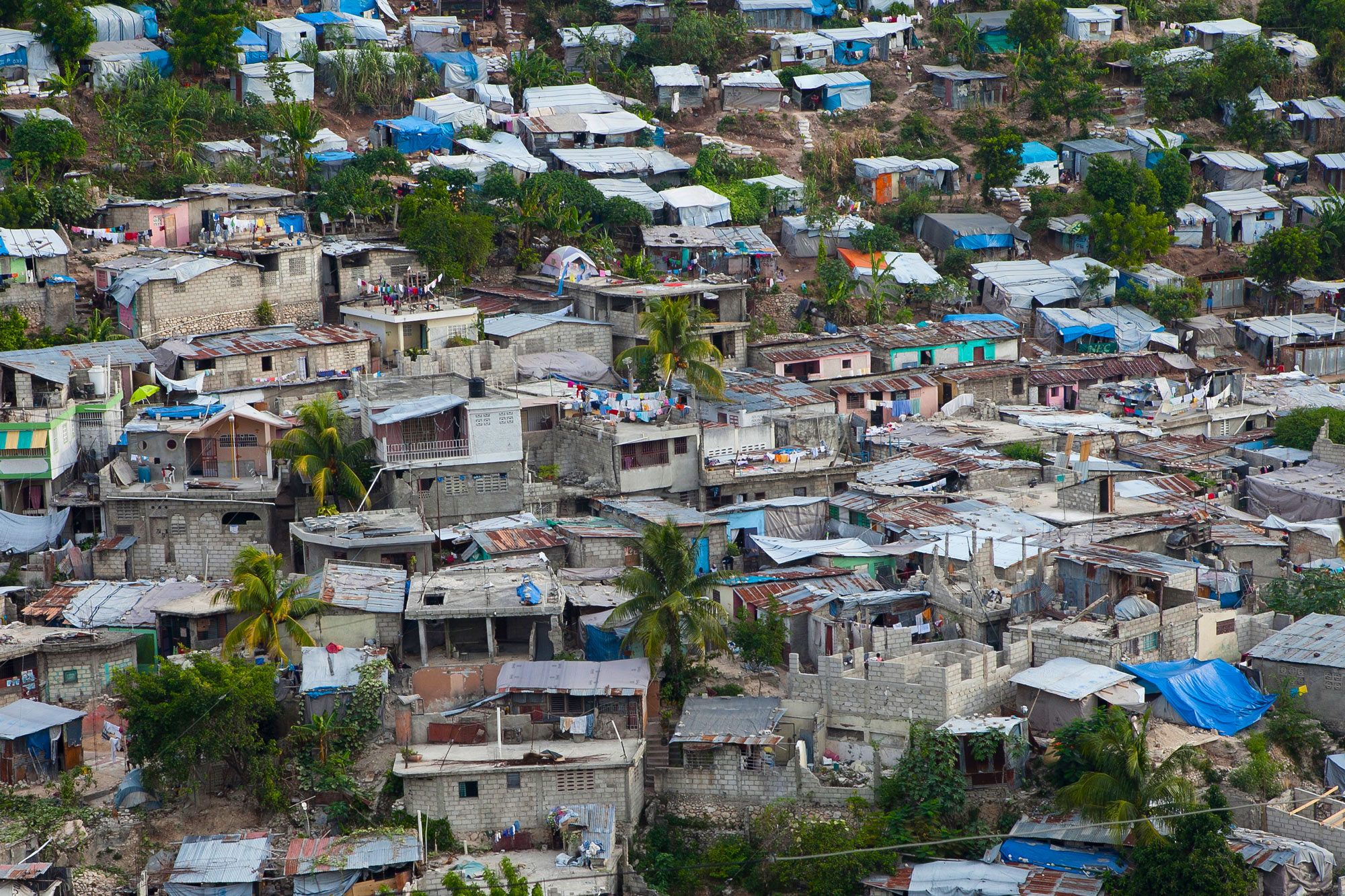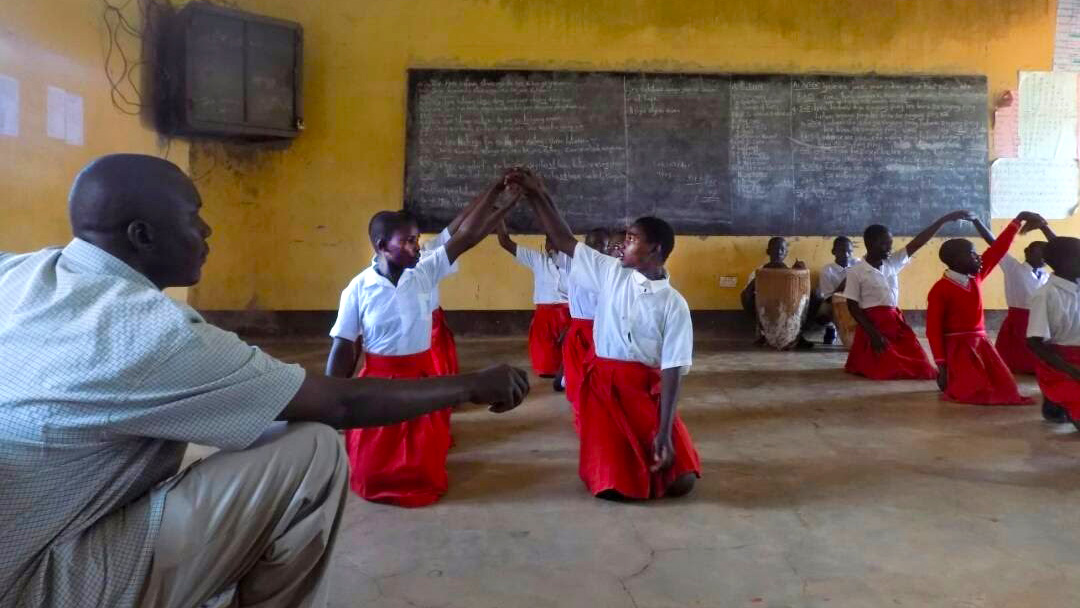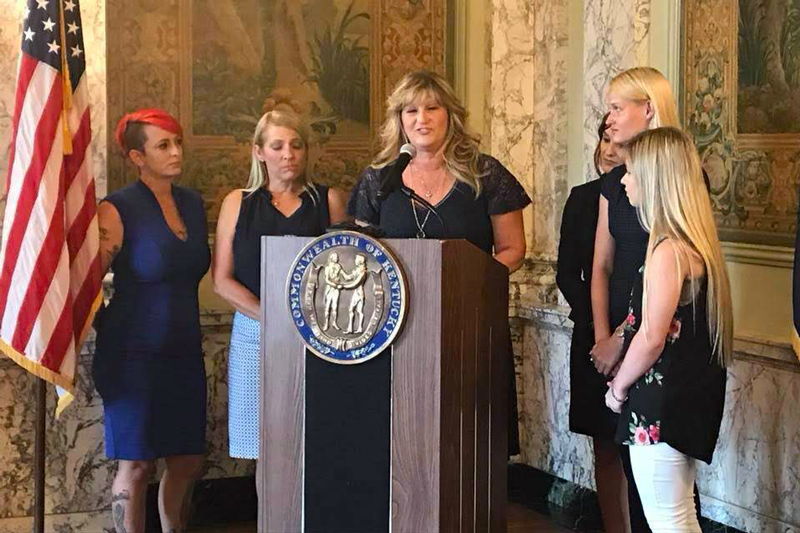We are raising our voices on the 10th anniversary of a date Haitians will never forget – January 12, 2010 - when Haiti experienced one of the worst natural disasters in our nation’s history, an earthquake registering 7.0 on the Richter scale. In 7 seconds, thousands of lives were lost, and the survivors were left screaming in confusion and wondering at the fate of loved ones. Women were left without husbands, children without fathers or mothers.
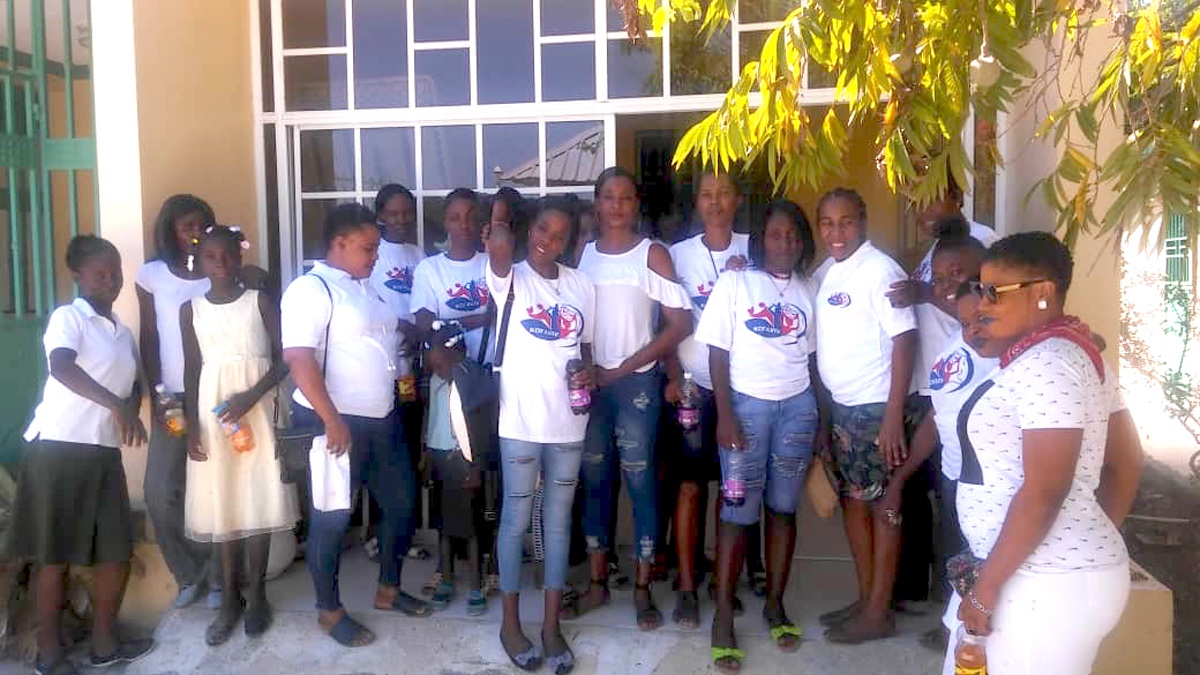
In the days afterward, the toll rose to over 100,000 dead, countless wounded, and 1.5 million more displaced from their homes and communities. For women and girls in particular, the physical and emotional devastation never ended.
Hundreds of thousands of Haitian citizens were suddenly pushed into displacement camps with scant governmental or international aid, so that chaos and systemic violence against women resulted. We still live in daily fear of assault on our lives and well-being.
After the earthquake, I saw and experienced the violence against women lost our own homes and lived in informal tent cities that sprung up in its wake. My own house collapsed, and I personally lived in a makeshift tent in the Champ-de-Mars park, witnessing everything that happened. Before the earthquake, Champ de Mars was the largest public park in the Haitian capital, Port au Prince, and it became a tent city for the displaced.
THE COMMISSION OF WOMEN VICTIMS FOR VICTIMS (KOFAVIV) was founded before the earthquake, in 2004, with 5 women including Marie Eramithe Delva, Joseph Solange, Ruth Jean Pierre Elena Fevry, and me. We were all victims of sexual violence and massacres who decided to join forces to fight to get justice for other women as well as for their children. Because the families of the victims have never been able to get justice, we decided to fight for other women to get justice one day.
As we were experiencing all sorts of violence after the quake, we had to put in place strategies that involved men in patrolling the camps to stop the violence, developing whistleblowing methods, and establishing male-to-male accountability for prevention. We also were involved in a lot of domestic and international advocacy.
Even today, there are still people scraping by in encampments with names such as Villam Beta and Camp Tokyo. Displaced women and girls are still subject to all forms of violence: physical, sexual and economic. Sadly, we have lost many young girls without parents who have died due to the disease and violence that often accompany prostitution.
We are asking the international community to intervene in Haiti at this moment because we see what the women are experiencing is another disaster, where they cannot go to work or to the markets due to a rapid increase in criminal gangs that filled the vacuum left by the lack of a functioning government. Women are forced to stay inside with their children. There is no work, no accessible health care or education. Trapped, women and girls have died with their babies in their wombs. These gangs have taken over almost all areas in Haiti, and the most vulnerable in this situation is women.
We are doing what we can.
We are teaching women martial arts and working with trusted men who volunteer to provide safety and raise awareness. We have taken these programs to some of the hardest hit communities in Haiti: the Village de Dieu La Saline, Grand Ravine, Cité Soleil, Martissant, Bel Air, among them.
